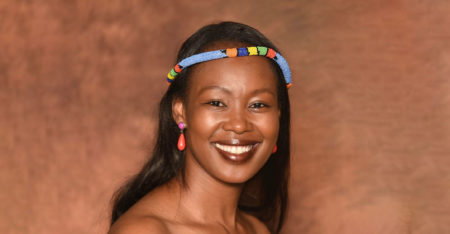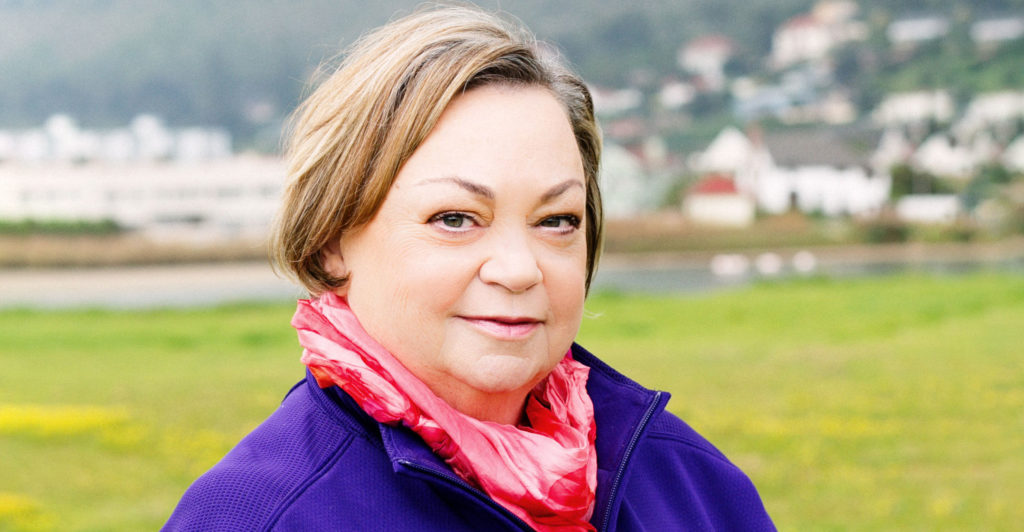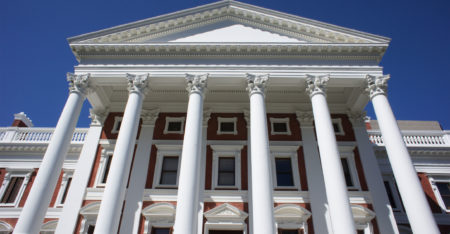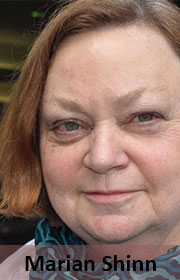 State security minister David Mahlobo’s remarks at the recent justice, crime prevention and security cluster media briefing that the ANC-government is contemplating regulating South Africa’s social media space are worrying.
State security minister David Mahlobo’s remarks at the recent justice, crime prevention and security cluster media briefing that the ANC-government is contemplating regulating South Africa’s social media space are worrying.
Such statements pose a direct threat to media and Internet freedom in South Africa.
Instead of making such irresponsible threats, our government should rather distance itself from the continent’s despots when it comes to developing policies and regulations for Internet behaviour.
Mahlobo’s apparent concerns about false news and scams need to be seen in the light of the pending 2019 general election and the increasing denial of digital rights by African governments feeling threatened by the citizen empowerment that the Internet facilitates.
In light of Monday’s joint declaration on fake news, misinformation and propaganda released by international freedom of expression experts, South Africa will be out of step with the international drive to protect human rights and media freedom if it uses scare-mongering tactics to suppress opposition voices in the run-up to the 2019 general election.
While our government’s statements in policy documents commit it to multi-stakeholder collaboration on Internet issues, including saying the correct things about freedom of access, connecting the marginalised and the poor, human rights and free speech, its actions on the United Nations floor undermine their words.
Our government’s dubious stance on Internet rights was highlighted last year when it – along with cyber bullies such as Russia, China, Saudi Arabia, Indonesia and India – voted against the United Nations Human Rights Council’s declaration that access to the Internet was a human right; that people have the same rights online as they have offline.
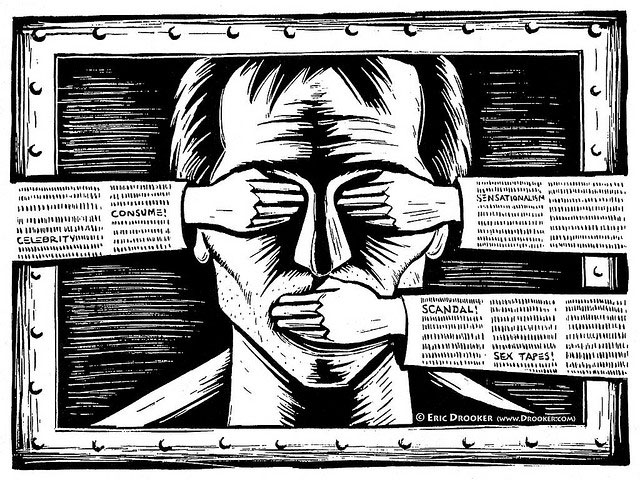
The Democratic Alliance is on side with our fellow African democrats who support and give life to human rights principles online, such as the freedom of speech and opinion, and the protection of these rights from harassment from governments or individuals.
We believe that online rights have the same protection as offline rights and that the governance of the Internet must be multi-stakeholder driven and in line with accepted international standards.
For South Africa to play a positive and credible role in international telecommunications governance forums, it needs to reappraise its conservative stand on human rights and Internet freedoms.
Its global track record on these issues is not a vote catcher in the age of heightened citizen empowerment and opposition to human rights infringements.
The DA will fight against censorship, for media freedom and will continue to defend the constitution.
- Marian Shinn is a Democratic Alliance MP and the party’s spokeswoman on telecommunications & postal services


